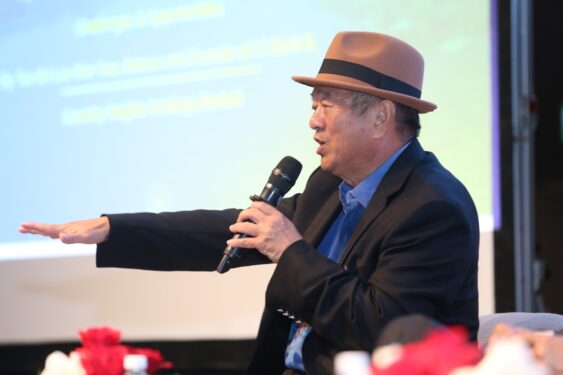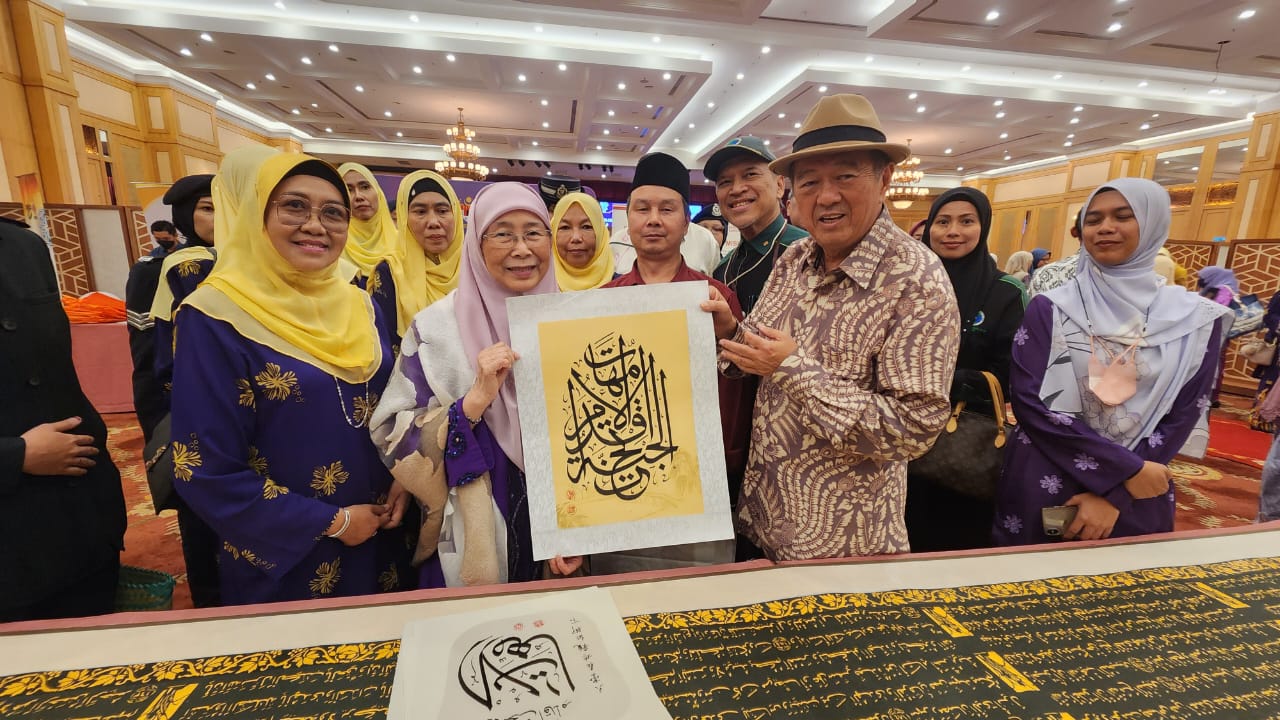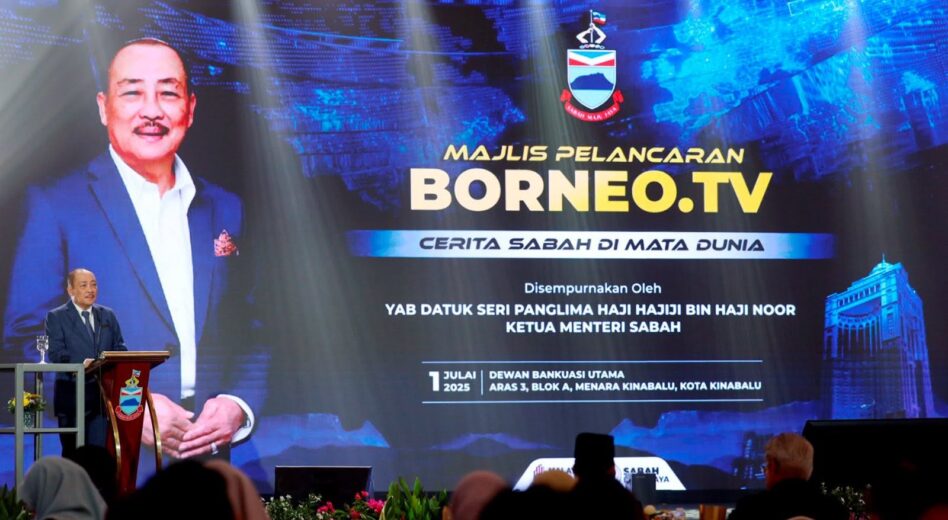Letter to editor
IS there a fallacy in the statement of Country Heights Holdings Bhd’s (CHHB) founder Tan Sri Lee Kim Yew that he did not file for his bankruptcy – that he is “far away from insolvency” for in the past 50 years of his business venture, he has accumulated numerous tangible and intangible assets to sustain him?
Which so-called corporate tycoon who is in the right frame of his mind would want to deem himself a bankrupt – of course, unless he wants to give up his worldly pursuits in exchange for a monastery life, perhaps?
In his first media conference on April 13, Lee, 68, who is also CHHB’s largest shareholder with a 57.64% stake, claimed that the issue surrounding his bankruptcy was escalated by Patrick Healy, a former officer of US-based Club Excellence Inc which had already been wound up.
Healy, who is an American citizen and a lawyer, had gone to the US arbitration court to seek RM3 mil from Lee.
Subsequently, Healy brought the US court’s judgement to Malaysia and made use of local bankruptcy laws against him, leading to the Shah Alam High Court issuing the adjudication and granting orders on Jan 26 which appeared on the Malaysian Department of Insolvency’s (MDI) website e-insolvensi.

Obviously, common sense would dictate that Lee who claimed to be “far away from insolvency” would never file for bankruptcy on his personal accord unless of course he wants his corporate image to be smeared.
This is in contrast to an ordinary citizen who may opt to file for bankrupt in view of loss of income, high medical expenses, an unaffordable mortgage, spending beyond one’s means or lending huge sum of money to loved ones.
While filing for bankruptcy can provide relief to people who are strained beyond their means with their debt, it has a major downside to ‘business tycoons’ of Lee’s stature for it will adversely impact his credit score (a bankruptcy can stay on one’s credit history for up to 10 years).
Most pressing is a red mark like bankruptcy can potentially cut him off from bank borrowings which are crucial to fuel his wide range of personal businesses.
Not so straight forward perhaps
What is perhaps obvious insofar as Lee’s case is concerned is that it is not uncommon for corporate moguls to be served with lawsuits – whether from vendors to banks to even their estranged spouses – for failure to settle their dues long after the expiry of the credit period or after having received a slew of payment reminders.
In a follow-up media conference on April 20, Lee had reportedly said that he would fight the insolvency claim against him and is adamant about only submitting himself to the Malaysian jurisdiction after being adjudged bankrupt on Jan 26.
This itself makes one wonders if there is a link of him being adjudged bankrupt on Jan 26 and his stepping down as the CHHB’s executive chairman on Feb 3 which is merely eight days apart. Could this be sheer coincidence?
Or why didn’t he make an announcement back then of him ‘been victimised’ by his former American staff but to wait till two-and-a-half-months later to clear the air only after news of his bankruptcy went viral after the Shah Alam High Court declared him bankrupt on April 12.

Anyhow, Lee had confirmed submitting himself to the MDI on April 17 and having filled in the reasons for his bankruptcy. The next step, according to him, is to file his statement of affairs to the MDI within 21 days of the MDI meeting in accordance with the Insolvency Act 1967.
“The main thing now is I have to work hard to submit my statement of affairs and not to delay the submission,” noted Lee while challenging the plaintiff Healy to go directly to the MDI in Malaysia and submit his proof of debt. “As a Malaysian citizen, I will only follow and submit myself to the Malaysian jurisdiction.”
Thankfully, as Lee is no longer a board member of CHHB, his bankruptcy predicament is not deemed a price sensitive information in that the property developer has to update Bursa Malaysia on his status.
Noteworthy is the assurance by CHHB’s newly=appointed managing director Datuk Mircle Yap Ching Chai that “the recent personal incident of one of our shareholders would not impact the company’s financial performance or operations”.
“We appreciate the contributions of all our shareholders but we want to emphasise that their personal incident is a confidential matter and will not affect CHHB’s operations,” he had pointed out in a statement made available on Bursa Malaysia.
“We have a competent management team and a strong corporate governance structure in place to ensure that our business operations continue without interruption.”
Conclusion
Recall that in his first media conference, Lee had claimed that the US court had granted a court judgement in favour of Healy without him being present, owing to the distance between Malaysia and the US, and the COVID-19 pandemic, among others.
Using travel restriction is questionable here given that US Courts do provide video links to communicate with all parties in remote locations if such need arises. Secondly, MDI does not simply declare anyone a bankrupt unless they have credible verifiable reasons to do so.
If Lee has felt aggrieved, why didn’t he counter-sue Healy? Why did he continue to negotiate with Healy’s lawyer after Jan 26 (till April 10) to set aside his bankruptcy? – April 25, 2023
Stock Punter
Kuala Lumpur
The views expressed are solely of the author and do not necessarily reflect those of Focus Malaysia.









